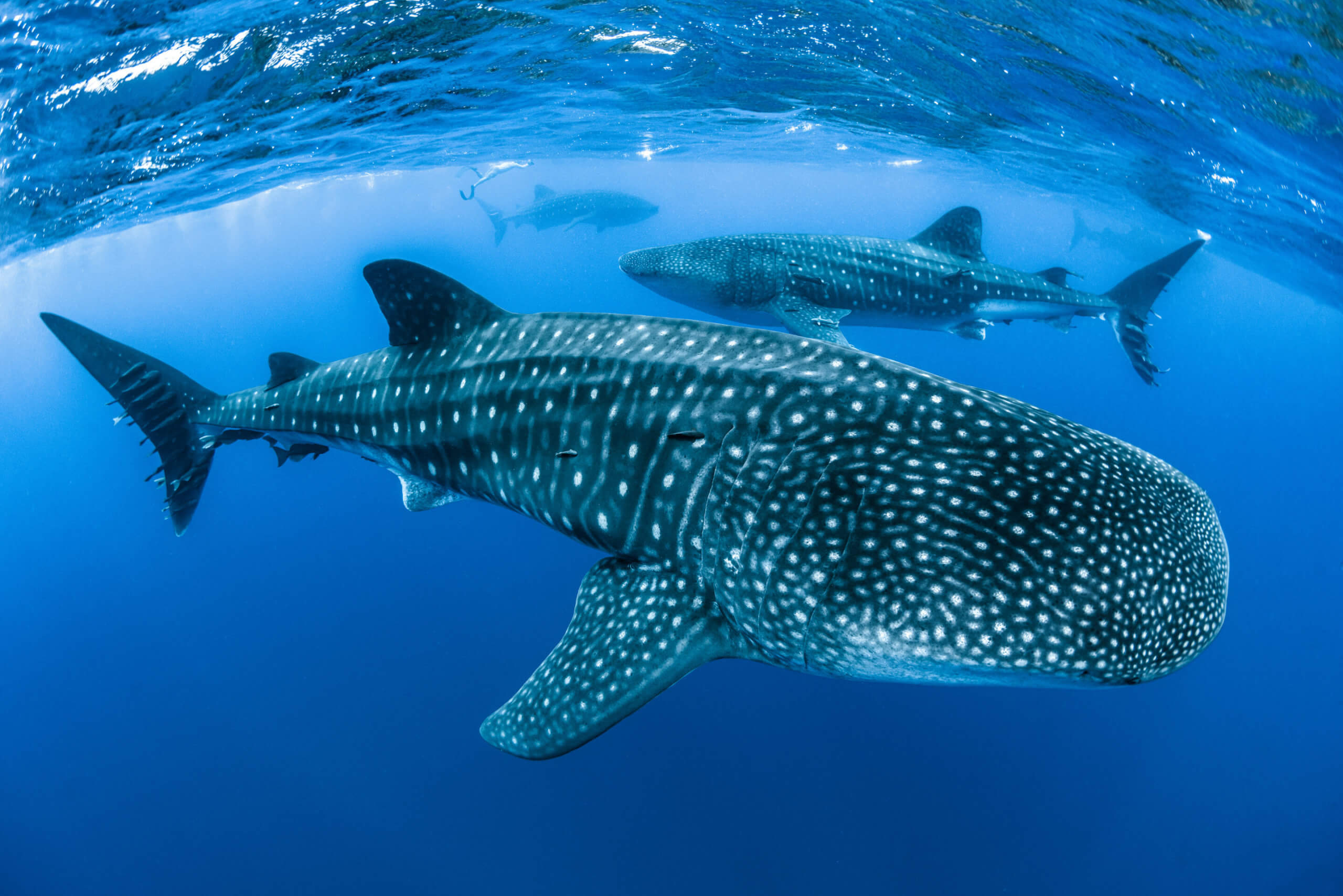There is plenty of commitment to conserving the endangered whale shark species.
The Ministry of Environment and Climate Change (MoECC) announced plans to expand marine reserves to cover 30% of the nation’s Exclusive Economic Zone at the the Qatar Whale Shark Conservation Forum 2023.
The move aims to address the pressing need for environmental conservation in the face of a rapidly changing climate and its consequential impact on marine ecosystems.
Speaking at the inauguration of the forum, Minister of Environment and Climate Change Sheikh Dr. Faleh bin Nasser bin Ahmed bin Ali Al Thani underscored the significance of preserving marine biodiversity. He emphasised that safeguarding marine life, irrespective of species, plays a pivotal role in maintaining environmental equilibrium within the oceans, ultimately benefiting all inhabitants of the Earth.
The two-day forum, organized by the MoECC in collaboration with UNESCO, convened a diverse group of experts and stakeholders, focusing on strategies to protect the endangered whale shark species.
“According to recently documented statistics, the average number of whale sharks is about 600, a higher number than this has yet to be documented anywhere else in the world,” said the Minister.
Over the past years, Qatar has taken significant strides to conserve its terrestrial and marine environments. Key initiatives include the launch of the National Environment and Climate Change Strategy 2030 and the Qatari National Action Plan for the Conservation and Management of Marine Resources.
“We are also updating and issuing legislation and laws that protect the environment, including the marine environment, and criminalizing any activity that harms environmental biodiversity, and working to increase the area of marine reserves to 30% of the Exclusive Economic Zone of Qatar,” said the Minister.
The Qatar Forum on Whale Shark Conservation 2023 marks yet another stride in the country’s ongoing commitment to safeguard marine species.
Farida Aboudan, Programme Specialist at the UNESCO Office for the Gulf Countries and Yemen, highlighted the formidable challenges facing whale sharks, including habitat destruction, the adverse effects of climate change on marine ecosystems, and pollution in the form of plastic waste, chemical runoff, and oil spills.
Aboudan emphasised that through collaborative efforts, UNESCO and the MoECC aspire to implement comprehensive measures encompassing research, scientific collaboration, capacity-building, education, and public awareness.
“We aim to leverage Unesco’s global expertise, networks, and resources to support Qatar’s initiatives in protecting its natural heritage and promoting sustainable practices,” said Aboudan.







